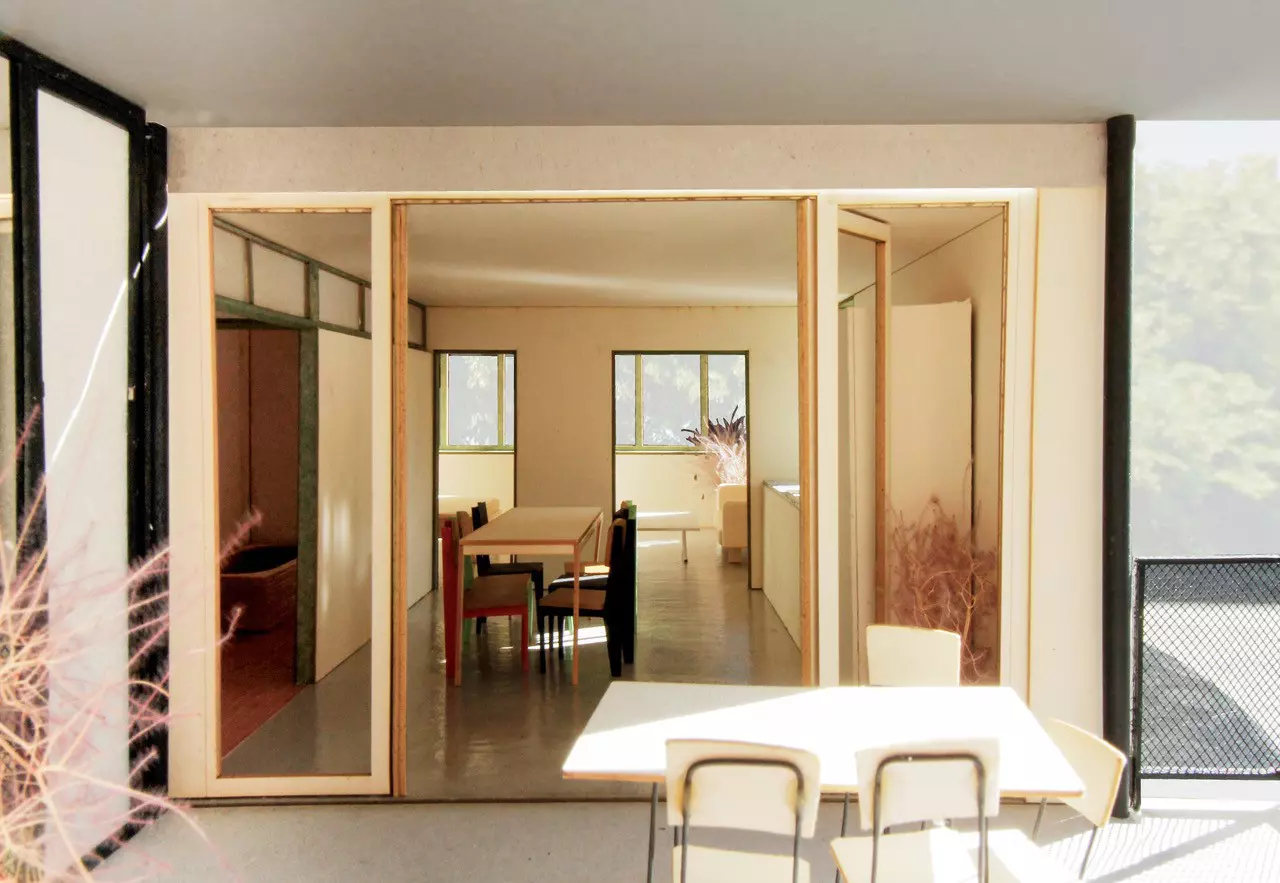Designing settlement biographies: transformation instead of transposition
ZHAW researchers reveal which long-term design strategies are necessary for a socially, economically and ecologically sustainable approach to existing settlements, as well as strategies that are responsible from an architectural and urban planning perspective.

In Switzerland, there is a need to use existing building land sparingly. The pressure for internal densification is increasing. Entire housing estates are often demolished to make way for new replacement buildings, all long before the buildings have reached the end of their useful life. Valuable basic structure, traces of cultural practice, affordable living space and large amounts of embodied energy are therefore lost. The Institute of Constructive Design (IKE) at the ZHAW School of Architecture, Design and Civil Engineering investigated how existing housing estates can be treated with care and in a way that conserves resources.
Inclusion of student projects
The study was developed on the basis of a design studio in the Master of Arts in Architecture and elaborated as a research project in collaboration with external project partners. The main issue was to find alternatives for the radical total replacement of existing buildings that has become common today. In addition to the economic and ecological aspects, it was also important to raise awareness of the fact that our residential buildings are familiar homes and places of encounter and social exchange. Based on student projects, the authors of the study point out different approaches that respect existing buildings without foregoing densification and improvements in residential value or enhancements to the urban environment. The results of the study were published in 2020.